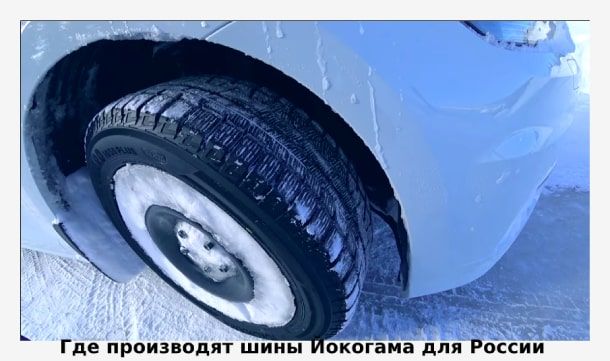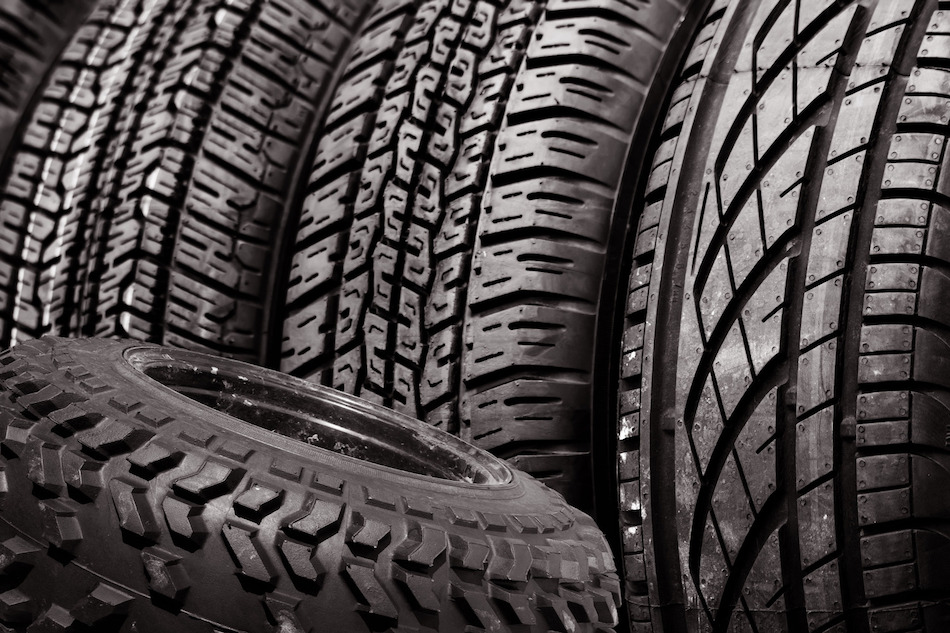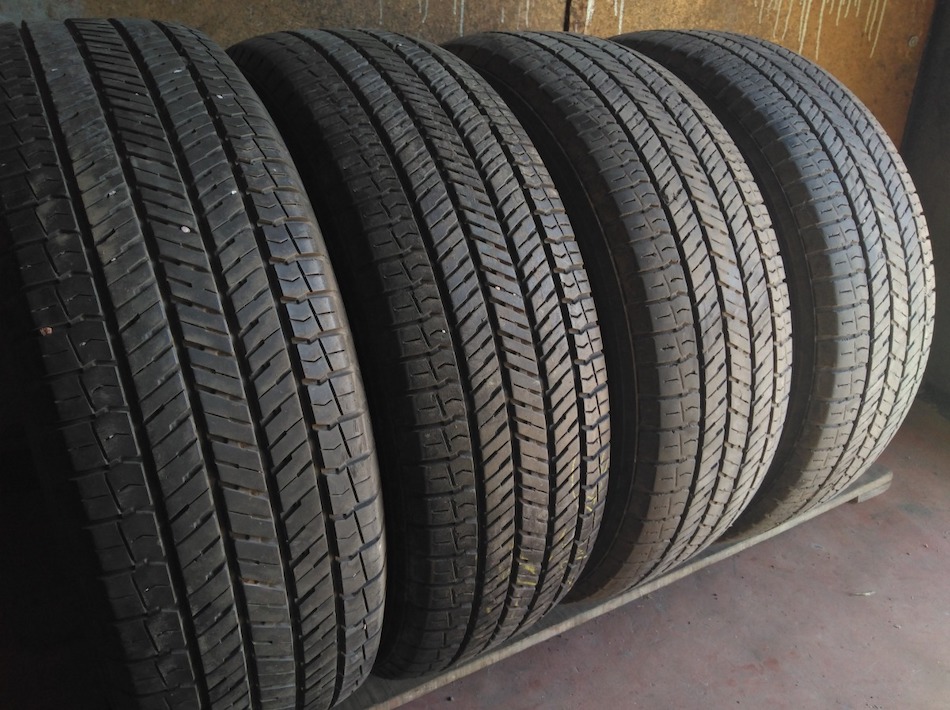
Tire manufacturer Yokohama: company history, technology and interesting facts
Today, the company's catalog contains hundreds of models and modifications of ramps with different sizes, indexes of load capacity, load and speed. The company produces Yokohama tires for cars and trucks, jeeps and SUVs, special equipment, commercial vehicles and agricultural vehicles. The company "shoes" and racing cars participating in international rallies.
Japanese tires are held in high esteem by Russian users. Yokohama tires are of great interest to drivers: country of origin, model range, prices, technical characteristics.
Where are Yokohama tires made?
With over 100 years of history, Yokohama Rubber Company, Ltd is one of the world's largest players in the tire industry. Yokohama tire manufacturing country is Japan. The main capacities and factories are concentrated here, most of the products are produced.
But do not be surprised when Russia is listed as the manufacturing country for Yokohama tires. A representative office of the company was opened with us in 1998, and since 2012 a tire production plant has been launched in Lipetsk.

Yokohama
However, Russia is not the only place where the production sites of the Japanese brand are located. There are 14 more countries scattered on five continents, which are listed as the Yokohama rubber producing country. These are Thailand, China, the USA, the states of Europe and Oceania.
The head office of the company is located in Tokyo, the official website is yokohama ru.
history of the company
The path to success began in 1917. Yokohama tire production was founded in the Japanese city of the same name. From the very beginning, the manufacturer has relied on the quality of tires and other technical rubber products for cars, which he was engaged in.
The first entry to the world market came in 1934. A year later, the auto giants Toyota and Nissan completed their cars with Yokohama tires on the assembly line. Recognition of the success of the young brand was an order from the imperial court - 24 tires per year.
The company increased its turnover, expanded its range, introduced the latest inventions. In 1969, Japan was no longer the only country producing rubber "Yokohama" - a division of the brand opened in the USA.
Yokohama rubber technology
Today, the company's catalog contains hundreds of models and modifications of ramps with different sizes, indexes of load capacity, load and speed. The company produces Yokohama tires for cars and trucks, jeeps and SUVs, special equipment, commercial vehicles and agricultural vehicles. The company "shoes" and racing cars participating in international rallies.

Yokohama tires
The manufacturer does not change the course taken a century ago for the quality of products. Durable winter and all-weather skates, tires for summer are manufactured at modern enterprises using innovative technologies and process automation. At the same time, products at each stage of the production of Yokohama tires undergo multi-level quality control, then bench and field tests and tests.
Among the novelties of recent years, the BluEarth technology introduced at the factories stands out. It is aimed at improving the environmental friendliness of the product, the safety and comfort of driving a vehicle, ensuring fuel economy and reducing acoustic discomfort. To this end, the material of the skates has been revised and improved: the composition of the rubber compound includes natural rubber, orange oil components, two types of silica, and a set of polymers.
The Japanese were among the first to abandon studs in winter tires, replacing them with Velcro. This is a technology where the tread is coated with countless micro-bubbles that form many sharp edges on a slippery road surface. The wheel literally clings to them, while demonstrating remarkable performance properties.
Secrets and methods of production are being introduced simultaneously at all tire factories in Yokohama.
